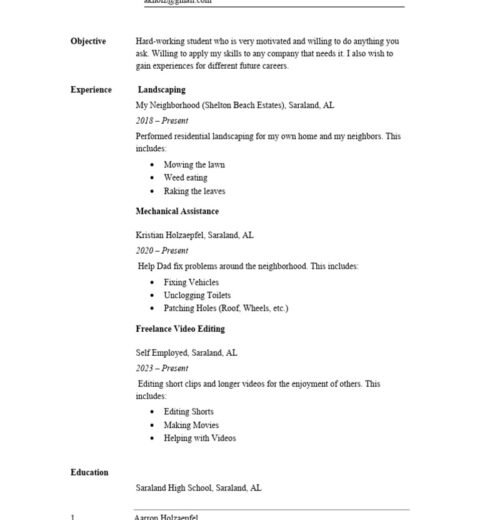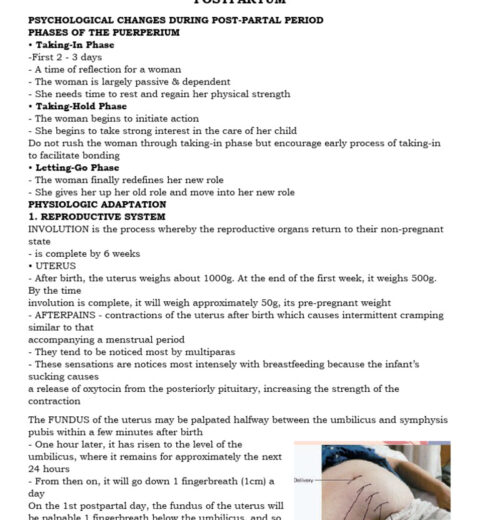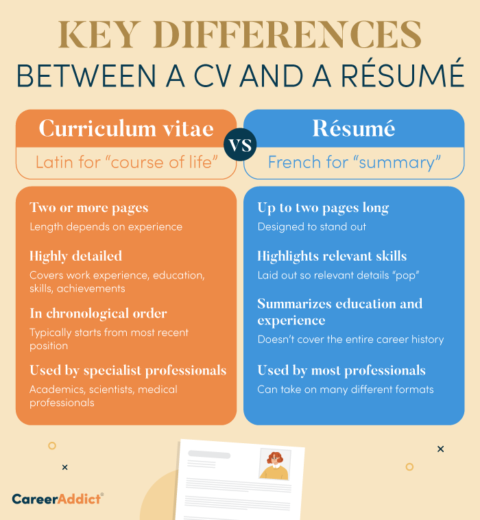As we journey into 2025, the employment landscape undergoes transformations propelled by technological advancements, shifting market demands, and evolving workplace cultures. Consequently, the skills that stand out on a resume are not only shaped by the job market but also by the attributes that effectively respond to these changes. Crafting a resume that encapsulates the right skills can significantly bolster an individual’s employability. Herein, the article elucidates various skill categories—including hard skills, soft skills, and emerging competencies—all pertinent for candidates aiming for a competitive edge in 2025.
Hard Skills: The Technical Competencies
Hard skills are the tangible, quantifiable abilities acquired through education or training. In 2025, certain hard skills have gained prominence across numerous sectors, and including them on your resume can amplify your appeal to prospective employers.
1. Data Analysis and Interpretation: In an era defined by big data, the ability to analyze and synthesize data into actionable insights is invaluable. Proficiency in tools such as SQL, Python, or R can showcase analytical capabilities, particularly for roles in finance, marketing, and health sciences.
2. Cybersecurity Expertise: With increasing cyber threats, having knowledge of cybersecurity principles and practices is crucial. Skills in risk assessment, network security, and familiarity with compliance regulations can make an applicant a prime candidate in technology-driven industries.
3. Artificial Intelligence and Machine Learning Skills: Familiarity with AI/ML algorithms and their practical applications in automating processes can distinguish a candidate in fields ranging from software development to healthcare innovation.
4. Cloud Computing Proficiency: As companies continue to migrate operations to cloud platforms, skills in managing cloud services such as AWS, Azure, or Google Cloud Platform are increasingly sought-after. Understanding DevOps can further enhance this skillset.
5. Project Management Methodologies: Familiarity with methodologies like Agile, Scrum, and Lean Management can reflect a candidate’s capacity to lead projects efficiently. Certifications such as PMP (Project Management Professional) or Agile Certified Practitioner can further solidify one’s expertise.
Soft Skills: The Interpersonal Attributes
While hard skills demonstrate capability, soft skills portray an individual’s interpersonal and cognitive abilities. In the collaborative environments of 2025, these skills are equally, if not more, crucial.
1. Emotional Intelligence: The ability to perceive, control, and evaluate emotions in oneself and others fosters better teamwork and enhances leadership qualities. Employers are increasingly prioritizing emotional intelligence as they seek individuals who can effectively navigate workplace dynamics.
2. Adaptability and Flexibility: In a rapidly changing world, being able to adapt to new situations, embrace change, and pivot effectively is vital. Candidates that demonstrate a track record of thriving in evolving situations often stand out.
3. Effective Communication: Articulating thoughts clearly—both in written and verbal communication—is fundamental. Employers value individuals who can convey complex ideas simply, making them effective collaborators and leaders.
4. Problem-Solving Skills: As businesses navigate unprecedented challenges, showcasing a strong problem-solving acumen is indispensable. A reputation for innovative thinking and the ability to tackle issues proactively is beneficial in every industry.
5. Team Collaboration: The modern workplace emphasizes collaboration. Skills in teamwork, including conflict resolution and cooperative strategies, are essential to foster a cohesive environment.
Emerging Competencies: The Skills of Tomorrow
Beyond established skills, 2025 is witnessing the emergence of competencies that align with modern technological trends and social expectations. Recognizing and acquiring these skills can make a resume particularly compelling.
1. Sustainability Competency: With the rising emphasis on environmental stewardship, knowledge of sustainable practices, and the ability to implement eco-friendly initiatives is increasingly relevant. Candidates can set themselves apart by showcasing their commitment to sustainability.
2. Cultural Competency and Inclusivity: In a globalized world, understanding diverse cultures and promoting inclusivity is essential. Skills in cross-cultural communication and inclusiveness can enhance workplace cohesion and attract diverse talent.
3. Digital Literacy and Media Skills: The ability to navigate various digital platforms and tools is fundamental. Proficiency in digital marketing, content creation for social media, or video production is valuable as companies seek to engage clients in innovative ways.
4. Entrepreneurial Skill Set: Developing an entrepreneurial mindset enables individuals to think creatively and innovatively. Skills in business development, negotiation, and strategic planning signify a capacity to contribute to organizational growth.
5. Remote Work Competence: As remote work becomes more prevalent, the ability to manage time effectively, utilize remote collaboration tools, and maintain productivity across virtual platforms is crucial. Candidates proficient in these areas are well-positioned for success.
Crafting Your Skills Section
When incorporating skills into a resume, organization is key. It is advisable to categorize skills into hard skills, soft skills, and emerging competencies. Tailor the skills section to align with the job description, ensuring relevance to the specific position. Utilize bullet points for clarity and prioritize the most relevant skills to grab the employer’s attention.
In conclusion, as the job market in 2025 continues to evolve, staying attuned to the most desirable skills is imperative. By highlighting a comprehensive skill set that blends hard skills with indispensable soft skills and emerging competencies, individuals can enhance their prospects and adapt to the demands of an ever-changing professional landscape.




